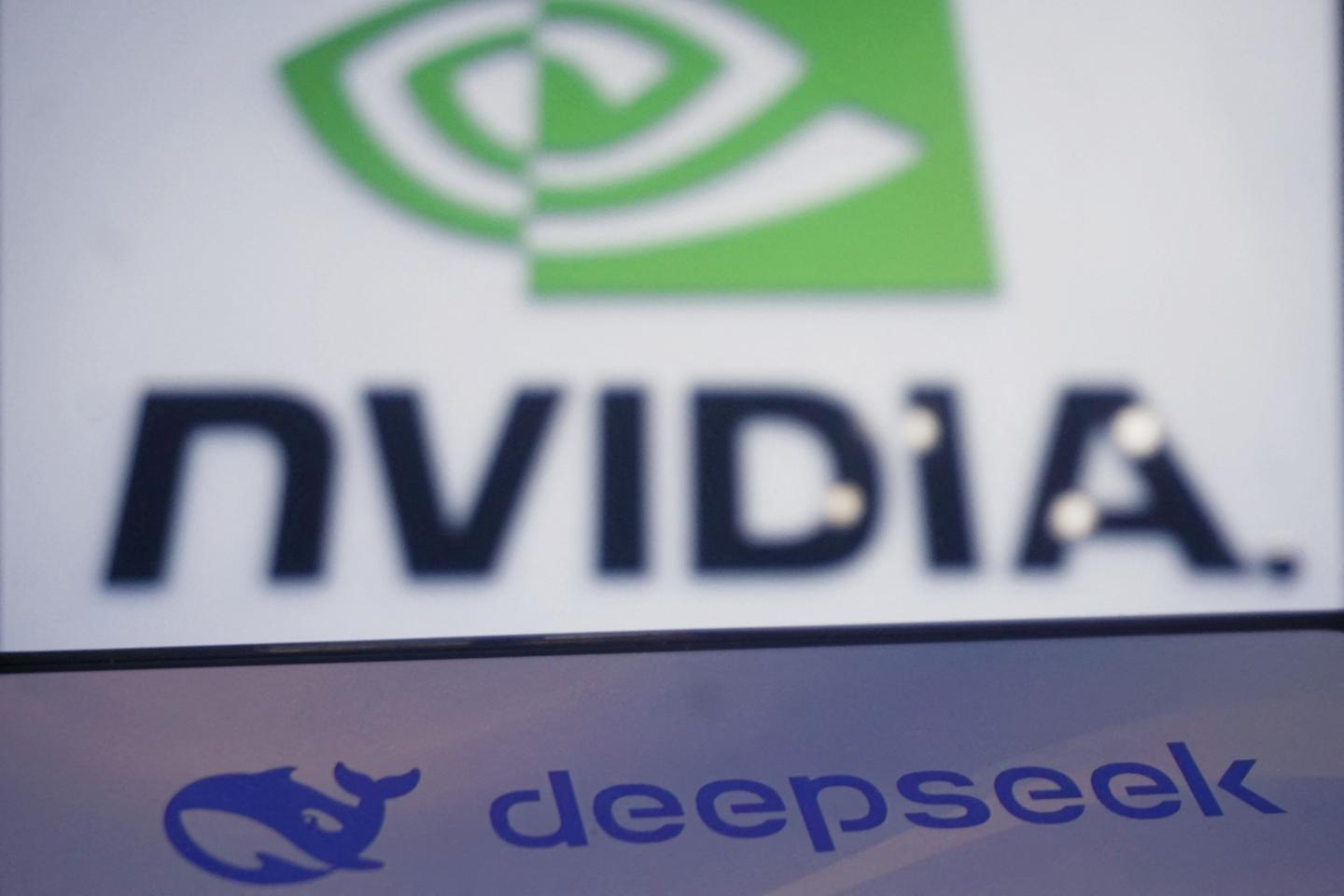


Donald Trump has promised a radically different policy from his predecessor, except for one thing: to prevent China from becoming the world's technology giant – or at least to slow down that timetable.
During his first term from 2017 to 2021, he took advantage of the Entity List authorization mechanisms (a set of sanctions issued by the US Department of Commerce) to restrict business relations between US and foreign companies. Symbolic of this struggle, the fall of Huawei's cell phone division – briefly the world's number one in the sector – whose sales have collapsed since its smartphones were deprived of Google's software suite.
His successor Joe Biden quickly followed suit, expanding the range of tools at his disposal, with a particular focus on semiconductors, artificial intelligence and quantum technology. On January 14, a week before the handover of power back to Trump, the White House announced new restrictions on the export of artificial intelligence chips championed by Nvidia. The following day, a measure prohibited the importation into the US of connected vehicles incorporating Chinese or Russian technology equipped with cameras, microphones, GPS devices, etc.
Penalizing American companies
And the result? In September 2023, when US Commerce Secretary Gina Raimondo visited China, Huawei introduced a smartphone with a 7-nanometer chip, a level of sophistication that American sanctions were designed to prevent, proof of Beijing's determination to achieve technological autonomy as quickly as possible. "The Chinese government says that, even if its program takes longer, they'll get there anyway," said Stéphanie Balme, director of the International Research Centre. "The question of effectiveness is at the heart of the debate, because there has been a strategy of legal or illegal circumvention on the part of companies like Huawei and others, whether by building up stocks upstream, setting up subsidiaries, or even resorting to the black market," said Mathilde Velliet, a researcher at the French Institute of International Relations.
You have 50.46% of this article left to read. The rest is for subscribers only.
